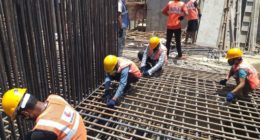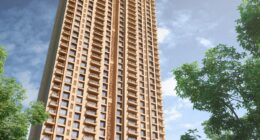Private Equity in Indian Real Estate Drops, But Bigger Deals Take Center Stage
Private equity investments in Indian real estate continued to soften in FY25, reaching USD 3.7 billion—a 43% drop from FY21. ANAROCK Capital’s FLUX FY25 report reveals a strategic shift toward fewer, larger deals, with logistics and warehousing capturing nearly half of total investments. Notably, foreign capital surged, accounting for 84% of the year’s inflows, signaling growing global confidence in India’s long-term real estate potential.







